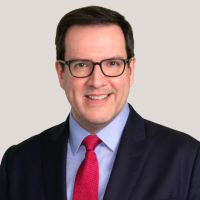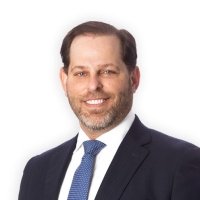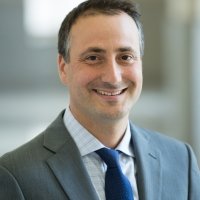DOJ's Role in Fighting Corruption, Drug Trafficking and Money Laundering in Latin America
Over the past four years, the White House and State Department have largely retreated from the fight against corruption in Latin America. The U.S. Department of Justice, however, has continued to take a more active role, combating drug trafficking, money laundering and public corruption in the region.
The flurry of recent cases involving Latin American lawbreakers includes the indictment in March of Venezuelan strongman Nicolás Maduro for alleged cocaine trafficking; the conviction by a Brooklyn jury last year of Joaquín “El Chapo” Guzmán, the notorious Mexican drug lord; allegations by federal prosecutors that Honduran President Juan Orlando Hernández was a co-conspirator in his brother’s drug running; and multiple prosecutions under the U.S. Foreign Corrupt Practices Act. Most recently, federal prosecutors charged a former Guatemalan finance minister with laundering $10 million, including in drug proceeds, and U.S. officials arrested former Mexican Defense Minister Salvador Cienfuegos on drug trafficking and money laundering charges.
Selected Quotes
Daniel R. Alonso
"The Obama administration in 2014 came up with the U.S. Global Anti-Corruption agenda, that’s what they called it at the time, and what was very interesting about it was, other than just a reaffirming of a commitment to enforce the [Foreign Corrupt Practices Act], it actually said that U.S. foreign policy aims to change the behavior of foreign officials in other countries. The U.S. is trying, by enforcing the FCPA and other laws, to change behavior, kind of cleanup other countries, which is kind of a groundbreaking thing for the U.S.”
“I think that it is, to use a technical legal term, ‘icky,’ to trade indictments for foreign policy advantage, but at the end of the day the most important thing to the country is its national security.”
Walter Norkin
“I think [the U.S. Department of Justice] has a strong interest in helping the foreign prosecutions. The question is whether those foreign systems are strong enough by themselves, even if helped by DOJ, to be able to get the convictions. A lot of these high-profile cases that we’ve been talking about today are made using cooperating witnesses, people who have agreed to testify to provide information, and in our U.S system, it’s set up to allow those kinds of individuals to contribute to a conviction. We have safeguards in place about testifying, for example, under a pseudonym, we have safeguards in place about what we can do to protect the family of a cooperating witness, anything from giving some assistance and money to relocate all the way to the witness protection program. The problem is how do you guarantee those same kind of protections in a foreign jurisdiction?”
Michael Nadler
“[The Office of Overseas Prosecutorial Development Assistance and Training] is probably by far the strongest partnership we have with the State Department, which sends prosecutors overseas to provide a tutorial in various areas to strengthen the rule of law, to give foreign jurisdictions an understanding of how we operate within the United States and how we apply our laws and our investigations that may help or assist overseas.”
“For Venezuela, the cases were developed not because there was pressure or a suggestion from the Department of Justice or the White House, but the fact that Miami became a hub for a lot of Venezuelan nationals who were leaving that area to develop at least some basis in the U.S. They bought apartments, they moved their accounts, they set up a place to stay here, and that’s what really encouraged and began the majority of these investigations. We started to see so much money move through South Florida.”
This event was co-sponsored by Stumphauzer Foslid Sloman Ross & Koyala.
Speakers



Moderator

Hosted By

Latin America Program
The Wilson Center’s prestigious Latin America Program provides non-partisan expertise to a broad community of decision makers in the United States and Latin America on critical policy issues facing the Hemisphere. The Program provides insightful and actionable research for policymakers, private sector leaders, journalists, and public intellectuals in the United States and Latin America. To bridge the gap between scholarship and policy action, it fosters new inquiry, sponsors high-level public and private meetings among multiple stakeholders, and explores policy options to improve outcomes for citizens throughout the Americas. Drawing on the Wilson Center’s strength as the nation’s key non-partisan policy forum, the Program serves as a trusted source of analysis and a vital point of contact between the worlds of scholarship and action. Read more

